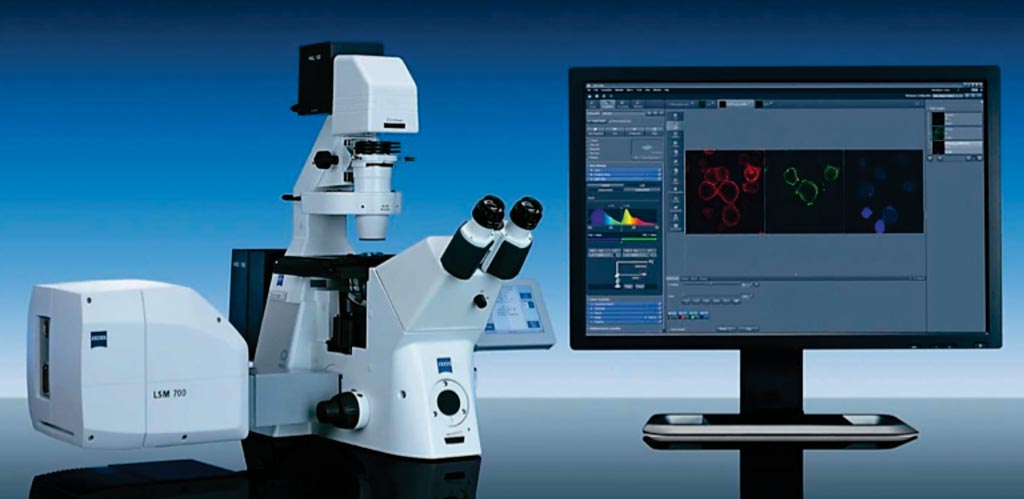Microscopy Devices Market Size, Share, Development, Growth and Demand Forecast to 2024
The global microscopy
devices market is growing significantly due to increasing research and
innovation in the field of life sciences and nanotechnology. Massive unexplored
market in microscopy industry of developing economies and introduction of niche
applications area such as quantum dots, and miniature transistor chips are
creating ample opportunities for the microscopy devices market to grow at a
considerable rate in the coming years.

Microscopes
have facilitated researches to conduct exhaustive academic and exploratory
research, in order to deliver potential innovations in the field of
lifesciences, such as clinical/ pathology and cell biology. Nanotechnology and
other accuracy manufacturing industries, such as medical devices and
semiconductors manufacturing, increases the acceptance rate of the advanced
microscopes, which further supports the growth of microscopy devices market
considerably. Moreover, increasing number of semiconductor manufacturing
establishments is also supporting the growth of the microscopy devices market.
Request
to Get the Sample Pages at:
The
microscopy devices market can be categorized on the basis of applications, as
nanotechnology, semiconductor industry, material sciences, life sciences, and
others. Lifescience industry dominates the global microscopy devices market;
whereas, nanotechnology is the fastest growing application category of
microscopy devices.
Some of the
companies operating in the microscopy devices market are FEI Company, Carl
Zeiss AG, Bruker Corporation, Danish Micro Engineering A/S, Cameca SAS, Leica
Microsystems, NT-MDT Company, JEOL Ltd., Hitachi High Technologies Corporation,
Nikon Corporation, and Olympus Corporation.


.jpg)

Comments
Post a Comment